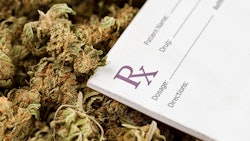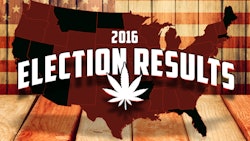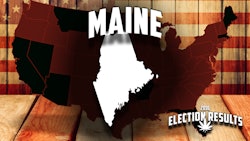The Drug Enforcement Administration (DEA) could be facing a lawsuit after its announcement earlier this week that it now considers cannabidiol, or CBD, a Schedule I substance.
The DEA doesn't have the authority to make a law and schedule controlled substances without an act of Congress, argues Robert Hoban, managing partner at the Hoban Law Group. The Denver firm has represented various hemp and marijuana businesses since 2008, many of which have told Hoban and his partners that they would be plaintiffs in a lawsuit.
"I don't have enough fingers and toes to count the number of calls I've gotten from people saying, 'We'll do whatever we have to to take action,'" Hoban says. "We represent some of the most prominent trade groups, and we work with the most prominent hemp groups from around the world, so we have our pick of who might want to be a plaintiff in something like that."
Read more
The DEA doesn't have the authority to make a law and schedule controlled substances without an act of Congress, argues Robert Hoban, managing partner at the Hoban Law Group. The Denver firm has represented various hemp and marijuana businesses since 2008, many of which have told Hoban and his partners that they would be plaintiffs in a lawsuit.
"I don't have enough fingers and toes to count the number of calls I've gotten from people saying, 'We'll do whatever we have to to take action,'" Hoban says. "We represent some of the most prominent trade groups, and we work with the most prominent hemp groups from around the world, so we have our pick of who might want to be a plaintiff in something like that."
Read more

























